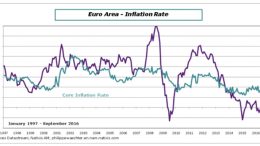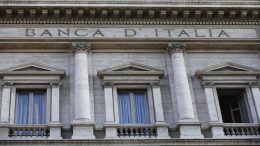“The EZ Can Be A Global Bank: Intermediating Domestic Savings To Capital-Needy Countries”
The European banking system is much larger than the US’, namely three times –$33.2 trillion against $13.4 trillion. Hung Tran, Executive Managing Director at the Institute of International Finance, explained to The Corner how this could result in the Eurozone becoming one of the world’s lenders.










